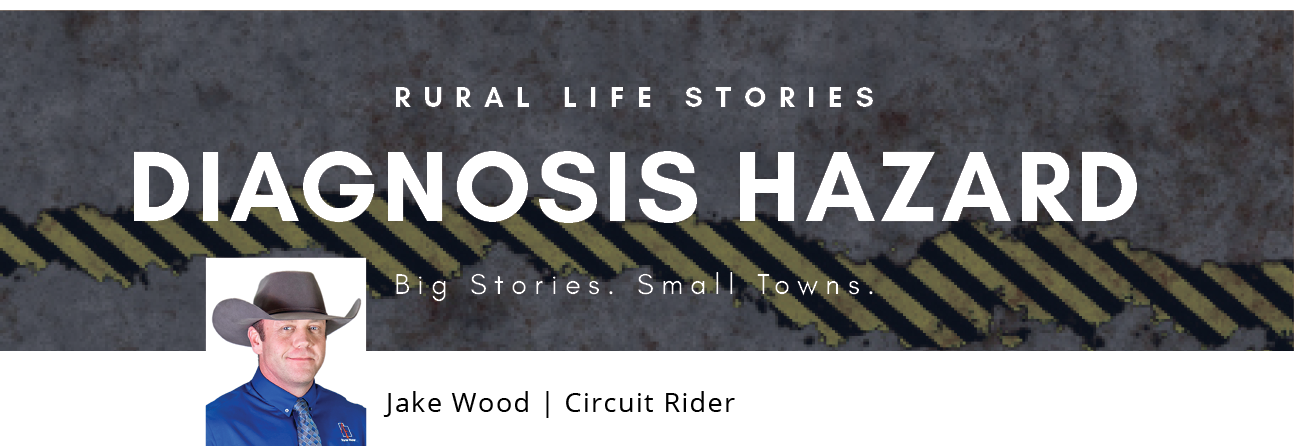DIAGNOSIS HAZARD

Seasonal water systems only operate for a limited time during the year. Restarting these systems in the spring can be an arduous task. During the off season, complications sometimes arise but don’t become apparent until the system starts up at the beginning of the operating season. It becomes extremely important for these systems to follow the standards for startup that are set out by the State.
Those who are vigilant in this endeavor may be able to mitigate costly repairs that arise from neglected systems. Sanitary Surveys are performed on water systems periodically. These inspections aim to identify conditions that may present public health risks. The results of these assessments show when water systems have operational issues. When one problem is identified, others often become apparent as well. Taking care of these problems may seem overwhelming, causing the system to delay repairs.
The Rural Water Association of Utah (RWAU) maintains a great relationship with the various State and Federal agencies in order to provide assistance to systems here in Utah. These agencies often refer RWAU personnel to help systems. A seasonal water system in Utah needed that very help earlier this year after treatment and pump issues appeared during their sanitary survey. Bacteriological samples were failing, and they discovered their dose pump wasn’t functioning properly. A failed dose pump was preventing them from being able to chlorinate their system and precisely measure flow rate for maximum control of chlorine dispersion.
Not only was this water system dealing with dose pump failure, and bad bacteriological samples, they were also suffering the effects of a wildfire. As it so happened, wildfires in the area had consumed a significant portion of brush. After the vegetation was gone, heavy rains pounded the area which brought with it mudslides and flooding. The aftermath revealed a pipe that was installed incorrectly. This poorly mounted pipe was burning up all the chlorine, making a bad problem worse.
Things were not looking good for this small system, and action needed to be taken quickly. An employee from the state reached out to Jake Wood (RWAU Circuit Rider) to provide assistance. Jake promptly met with system representatives for some preliminary work to find the origin of the non-compliance result.
The preliminary work laid the groundwork for Jake and the system representatives plan of attack. They began by installing a new dose pump. While the installation was crucial, the system representatives needed to be properly trained to mitigate potential future problems. Jake trained them on how to get their residuals done using chlorine kits, which he provided. Jake also showed them where to get the proper solution to disinfect their system and created a flushing program for them. Finally, he taught them how to properly flush and disinfect the system and made sure they had a plan to ensure things would run smoothly in the future. By the time Jake left, the system representatives felt confident in taking care of the system and were getting good residuals and passing samples! Jake knew the system was being left in capable hands.
RWAU is here to help water and wastewater systems of all sizes. We fight for you through legislation and with you on the ground tackling problems in your town water/wastewater system, hands on. When a difficult situation presents itself, don’t hesitate to reach out to us for a helping hand. We will always have your back!
